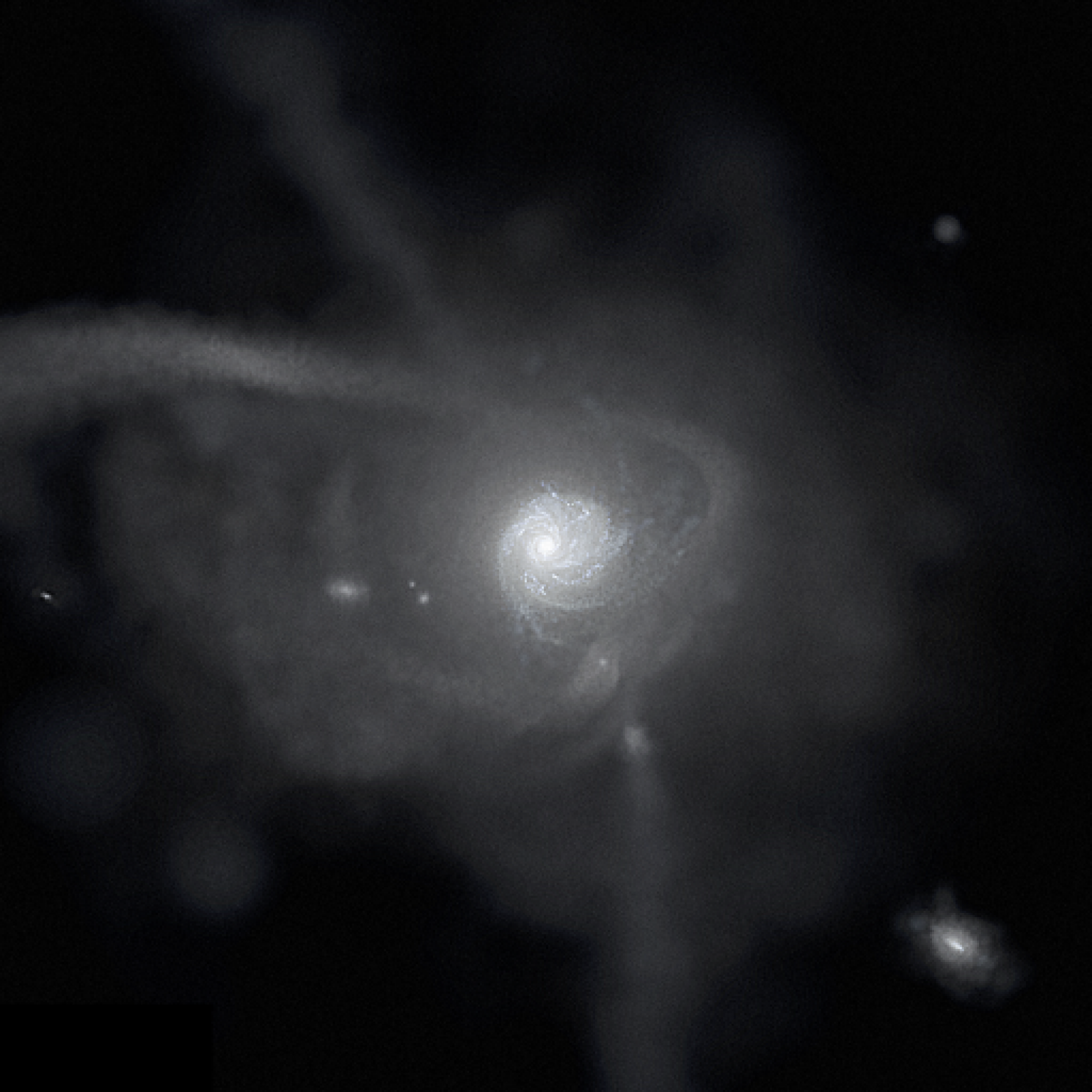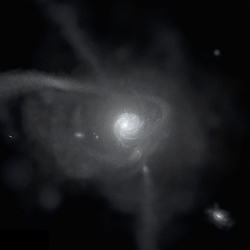advice on giving an oral presentation
Assertion-Evidence approach to a talk
How to tell a compelling story in scientific presentations
How to Give a Fantastic Scientific Talk
How to Prepare and Present a Scientific Talk
my advice for presenting a paper
These are suggestions for an effective presentation of a research paper. I originally intended them as advice for students presenting papers during a weekly arXiv discussion, though I think that they are equally useful in presenting your own scientific results at a conference/meeting.
1) Motivate the paper and offer background
Never forget that attendees have varying background knowledge. Thus, you need to ensure that everyone is on the same page and motivated about why a paper is interesting and important! Devote the first few minutes to general background (not specifically tied to the paper):
- What is the high-level (astro)physics question related to this paper?
- What is the history of that topic, and what progress has been made over the last several years?
- What impacts does that topic have for the wider (astro)physics community?
2) Introduce the title and authors
Next, introduce the paper, including the title and the authors. Where are the authors located? What resources did they use? Do they have a history of doing good work on this topic? Give us some social context. This is a good way to learn about our broader (astro)physics community.
3) Get to the main result as soon as you can!
When discussing the contents of the paper, get to the main result as soon as possible, so the audience can focus on that. At least initially, go light on the nitty-gritty details of the methodology – the audience can revisit those with questions and discussion once we know what the main result is. The audience generally is not motivated to be interested in the details of the methodology until they know what the (claimed) result it – only then are they fully invested to think critically about the methods.
4) Evaluate the main result
As the presenter, tell us:
- How robust do you think the main result is?
- What is the weakest component of the analysis?
- What future directions do you think that this result will lead to?
5) What is the single most important take-away from the paper?
End your presentation with a one-sentence recap of the single most important take-away from the paper.
Suggestions for the audience
If someone is presenting someone else’s paper during arXiv discussion, remember that the presenter is not the author of the paper! So, please do not conflate the presenter with the paper, and do not direct criticism at the presenter if a paper has flaws. Presenters should not feel the need to ‘defend’ a paper, just be straightforward about its strengths and weaknesses.

